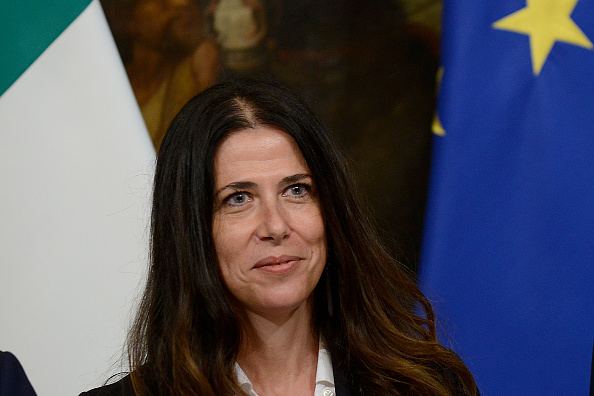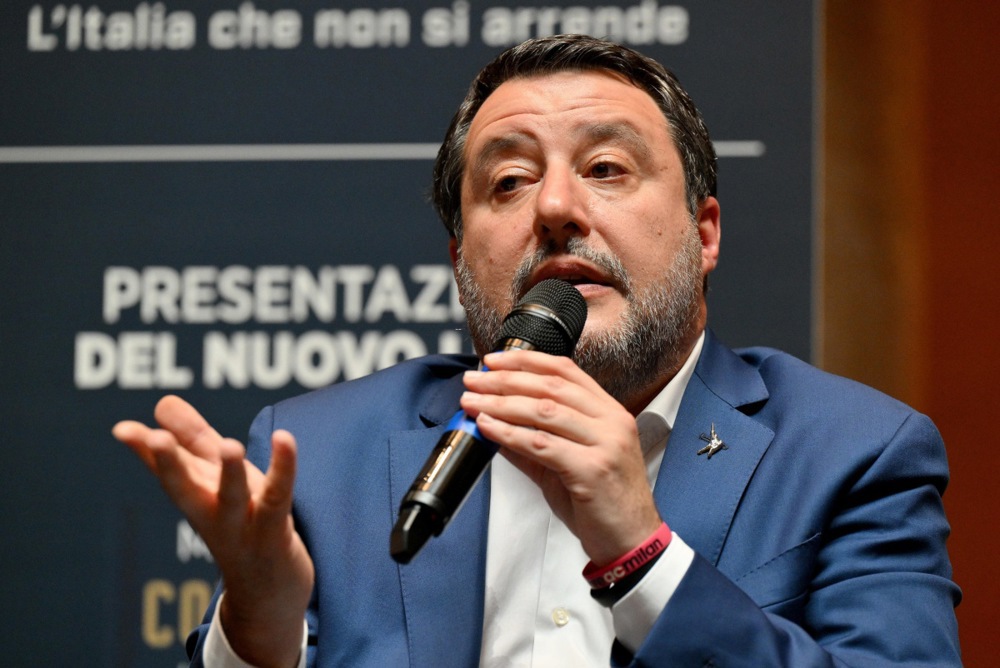Italy’s right-wing coalition led by Prime Minister Giorgia Meloni remains in control at the national level despite the Left winning two of the three regions up for grabs in elections held on November 23-24.
The results raise questions about the coalition’s stance toward the European Union: Could these outcomes push the Right toward a less critical approach towards Brussels?
Voting took place in the southern regions of Campania and Puglia, as well as in Veneto, one the industrial heartlands of northern Italy.
In Campania, former speaker of the house Roberto Fico (Five Star Movement), backed by a progressive coalition, secured a decisive victory.
That cements the Five Star Movement’s pivot to the centre-left, leaving behind its previous eurosceptic stance that had once aligned it with Matteo Salvini’s right-wing League party.
In Puglia, the leftist coalition led by the Democratic Party won with around 54 per cent of the vote, defeating the centre-right’s 43 per cent.
Antonio Rapisarda, editor of daily newspaper Il Secolo d’Italia and close to the right-wing Brothers of Italy party, pointed to the discrepancy with national trends, where government parties enjoy nearly 50 per cent support in polls.
“In Campania and Puglia, left-wing candidates relied heavily on outgoing governors, who, while not running themselves, endorsed their successors,” he said.
“Their influence is local and doesn’t reflect national political trends.
“The stability of Giorgia Meloni’s coalition is absolute. Since 2022, the centre-right has dominated regional elections with a 13-to-6 lead over the left. Regional votes no longer topple governments,” Rapisarda said.
In Veneto, centre-right candidate Alberto Stefani — backed by League, Brothers of Italy and Forza Italia parties — won decisively with about 64 per cent, while the centre-left trailed at 29 per cent.
The League led the region with 36.28 per cent, nearly double Brothers of Italy’s 18.69 per cent.
Stefani’s campaign was heavily supported by Luca Zaia, the outgoing League governor. He remains a key figure in Veneto politics and within the party, often seen as a counterweight to Salvini.
Zaia represents a faction focused on maintaining ties with European institutions rather than hardline euro-scepticism.
Rapisarda said of Zaia’s influence: “He embodies the League of its origins, founded in the 1990s to represent northern Italy’s industrial and local identity.
“This wing has always been wary of the EU as a superstate that overrides local identities but it also believes that too confrontational an approach could disrupt industrial links with central Europe, where northern and especially Venetian, companies are highly integrated.”
Rapisarda noted a rising chorus of voices within the League questioning Salvini’s confrontational stance toward the EU, although no-one has openly challenged his leadership.
“This signals a return to a regionally-rooted League, contrasting with Salvini’s national and euro-sceptic approach. Finding a balance between local interests, national strategy, and European posture is crucial —some even envision a CDU-CSU-style model,” he said.
The election results highlight internal dynamics within the centre-right coalition, with the League asserting itself as a key player through its success in Veneto.
The party’s approach, though, does not always align with Salvini’s euro-sceptic stance and this dynamic could have implications for the Italian Government’s relations with the EU.





